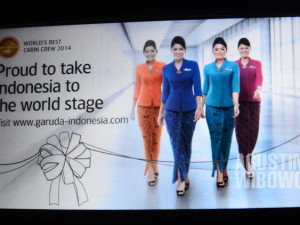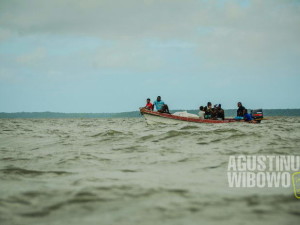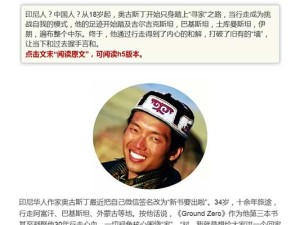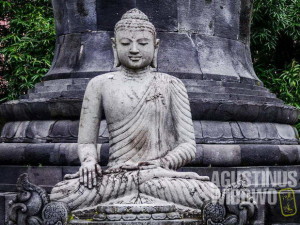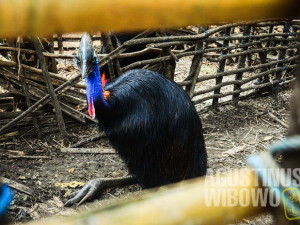Indonesia: The Dollar Worshipers
I am Indonesian. I had to go abroad urgently. Thinking myself a nationalist, I automatically logged into the website of the national carrier—my pride—Garuda Indonesia. I did the e-booking for the international flight ticket. I was surprised that all prices were quoted in US Dollars, instead of in my own currency, Rupiah. I was confused, but I had to pay anyway. I got more confused that none of my national bank debit cards was accepted for the payment. Garuda only wanted Credit Card with the international logo of Visa or Mastercard. I was heartbroken. Our country’s national airline refused our own money and denied our own national banks. Alas. My Credit Card was over limit. I rushed to a private tour agent. I was relieved because they said they could help. But they quoted a price much more expensive than the one I saw earlier on the website. And yes, it was also in US dollars. I asked whether I could pay in rupiah, or use my debit cards. No, they said. Better bring us crispy US [read more]

